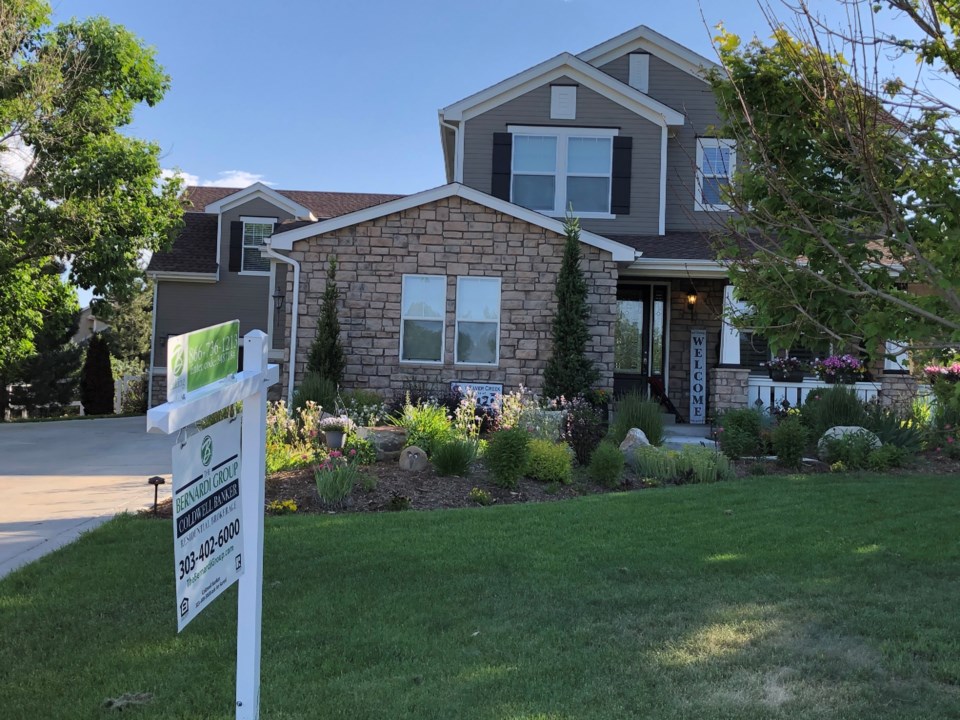This column is intended for informational and educational purposes only and should not be construed as professional financial advice for your individual situation. Please consult with a financial professional before making any serious financial decisions.
The Longmont Leader accepts contributions, photos, and op-eds for publication from community members, business leaders and public officials on local topics. Publication will be at the discretion of the editor and published opinions do not represent the views of The Longmont Leader or its staff. To submit a contribution, email [email protected].Hello Longmont!
I am a dad, carpenter, writer, and retired software engineer who has been living in Longmont since 2005. I used a few simple but powerful life principles to become wealthy enough to retire at age 30, and went on to start a blog called Mr. Money Mustache that has now reached over 30 million people in the past nine years. Now it’s time to take these ideas to the streets of Longmont, so send in your questions about money and life!
I am working on downsizing my house. I assumed I would take out a HELOC in order to help me make a down payment buying another house, but my Realtor advised me to explore the option of a cash-out refi as well. Are there any really compelling reasons to do it that way? And what are the most competitive interest rates I should be looking for these days, in either scenario? My current house is worth roughly $950,000, and I still owe $374,000 on that mortgage. I'd like to downsize enough to no longer have a mortgage. — April Clayton
The first thing to clear up is this: what are your long-term plans for that existing big house? If you are truly downsizing, you could simply sell it first and then use your $576,000 of equity to buy your next home with cash. It’s always simpler and less stressful to deal with one house at a time, unless you are planning to use the existing one for a profitable rental. A great subject for a future column!
As for your actual question, here’s the main difference between those two loans:
With a cash-out refinance, your existing mortgage gets paid off and replaced with an entirely new one. Since today’s interest rates are the lowest in history, this is probably the best option because your old mortgage is almost certainly at a higher rate. If you can drop the interest rate from, say, 4.5% down to 3.0%, you would save over $5600 per year in interest, on that existing balance.
Upsides: existing $374k balance becomes cheaper, interest rate is locked in for 30 years.
Downsides: higher closing costs and more paperwork - but still not all that much.
With a Home Equity Line of Credit, your existing mortgage remains and you open up a second mortgage for the extra amount. I have done this several times in the past, and while it is fairly quick and cheap, the lenders are often quite conservative about how much they will lend you. For example, you may not be able to get a $386,000 HELOC which would take you to a standard 80% loan-to-value ratio on that property.
Upsides: quicker to set up and lower fees. Then, you can use it like a two-way checking account, only paying interest on the amount you actually have outstanding.
Downside: the interest rate will fluctuate over time, as HELOCs are usually not offered with a fixed rate. Your existing mortgage remains in place at its probably-higher interest rate. And you might not have access to the full equity in your home.
The Final Word: my details above are just guesses based on common lending practices. The real decision will depend on exactly what closing costs, interest rates and loan terms you are facing. And of course, how long you plan to keep that house you are borrowing against. But, extracting equity from a house that has grown in value can be a powerful tool for building future wealth - as long as you are using the money to invest in more appreciating assets rather than just spending it on more stuff!



